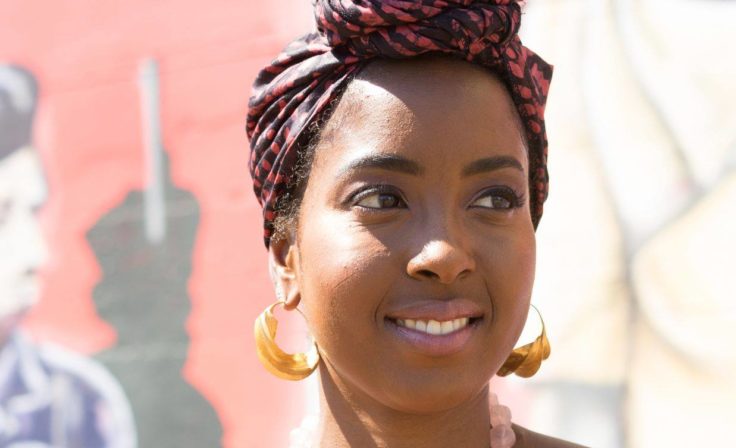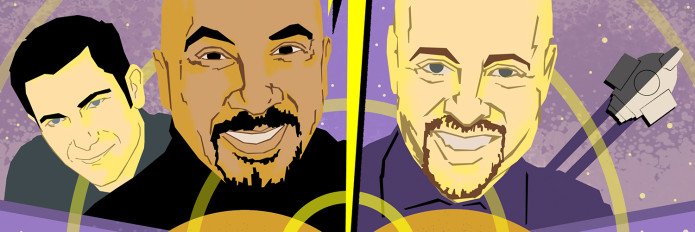Running your own business is no easy feat. It takes a healthy dose of passion, discipline, and commitment. Ever wonder what a day in the life of a small business owner and founder is like? We’re here to give you a glimpse!
This week, we’re featuring Haby Barry, the entrepreneur behind Fulaba, a luxury jewelry brand that blends African high culture with modern design to craft elegant wearables. Haby started Fulaba to bring authentic Fulani jewelry, handicrafts made from precious metals, and a centuries-old tradition to the global market.
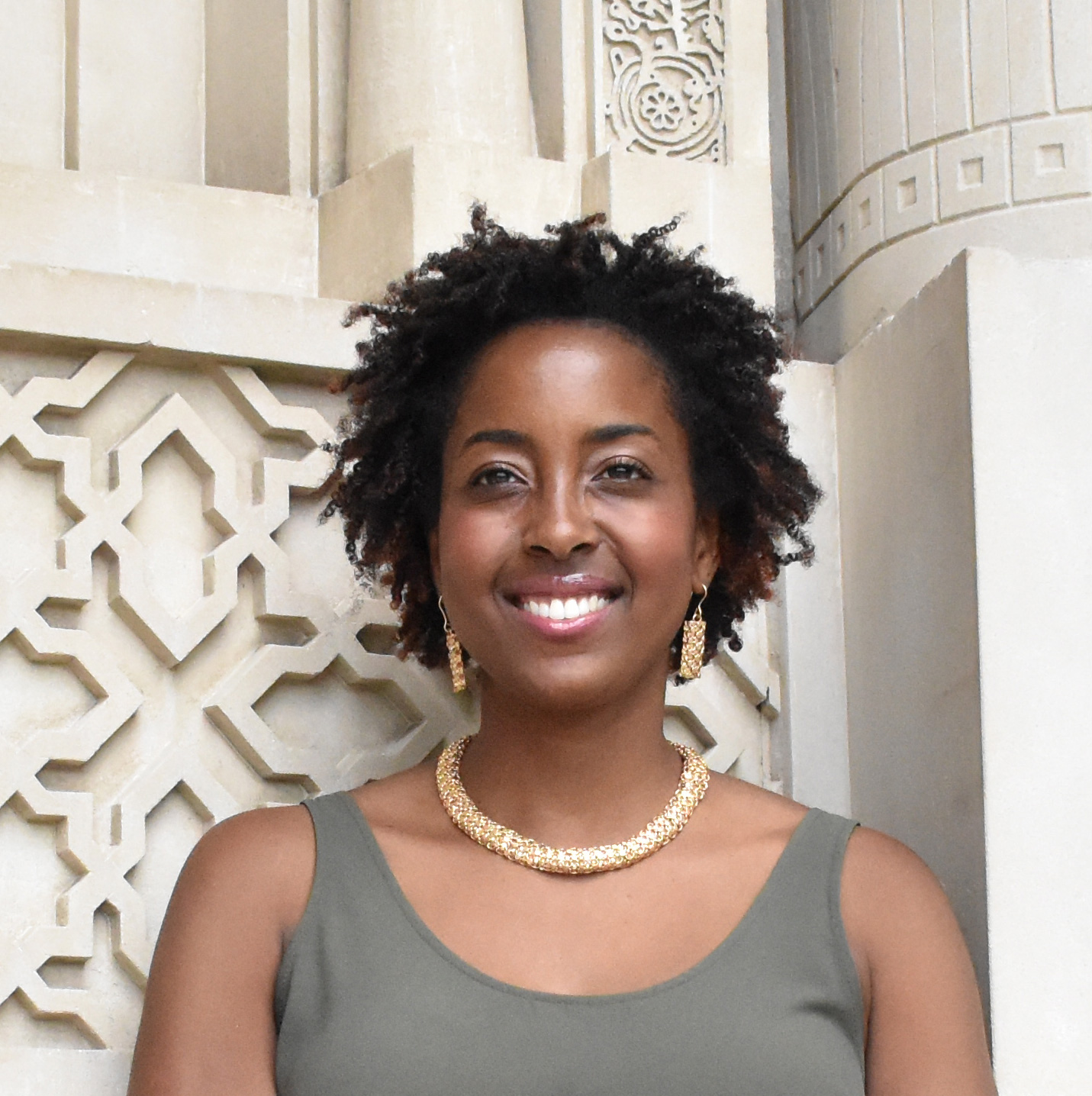
“Africa has such a rich jewelry tradition from countless ethnic groups representing nobility and royalty, so we are expanding our collections to introduce the world to these beautiful designs and stories. We also aim to uplift women and people of the African diaspora while helping to develop the finished jewelry industry in West Africa. So often we see just raw materials exported out of Africa causing the value to escape and be captured elsewhere.”
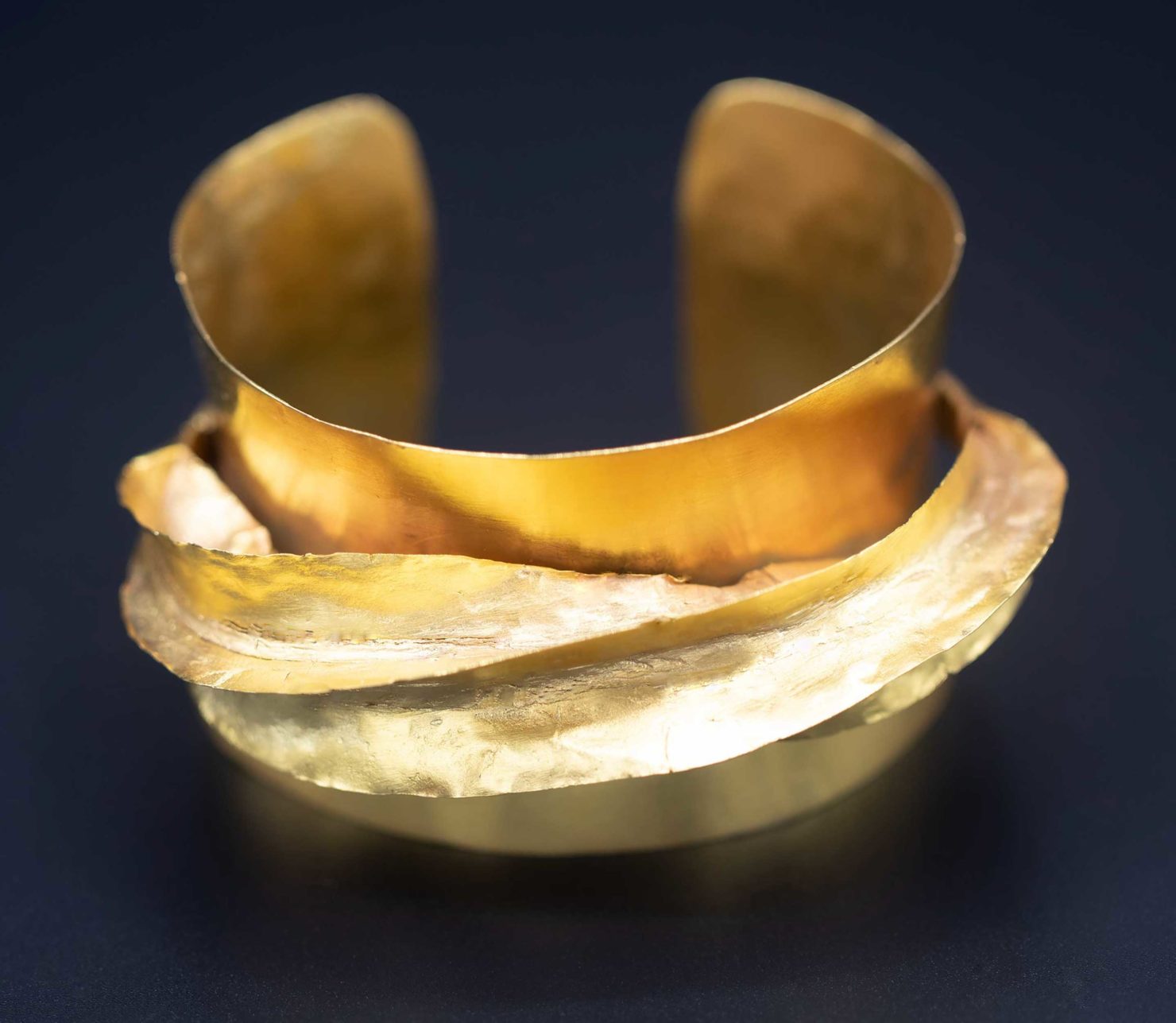
5 A.M. Dawn prayer somewhere in this timeframe depending on the sun cycle.
7 A.M. Usually back in bed occasionally checking my messages from overseas (Europe & West Africa).
8 A.M. Reading articles online and checking email.
9 A.M. Go for a morning run or a bike ride or do an at-home app workout.
10 A.M. At my home office working on marketing and communications or whatever is most pressing that day while eating breakfast.
11 A.M. Usually in a Zoom meeting or on a call with my collaborators or freelancers.
12 P.M. Prepare orders for shipment and drop them off at the post office.
1 P.M. Arrive at WeWork to continue working from there. I find getting out of the house even for a few hours helps me to be more productive and focused.
2 P.M. A call with my production manager in Conakry to get updates on the progress of the artisans who are hand making our jewelry. Reflections on what I’d like to power through the rest of the day.
3 P.M. Check-in call with my content producer in Paris…lately we have been spending our time finalizing the design of the Women of the African Diaspora photo book and brainstorming different ways to get people excited about it.
4 P.M. Eat lunch while following up with contacts via email, text, and social media…crowdfunding isn’t for the faint of heart!
5 P.M. Brainstorm content, digital ads, and/or campaign strategy. As a professional marketer turned entrepreneur, I’ve learned that being fluid and adapting is key. I am constantly learning and testing and modifying as I go.
6 P.M. Check-in with my advisor on WhatsApp via messages, audio messages, or a call. I appreciate and value the experience and wisdom of others who have scaled businesses and want to learn from them. My eyes and ears are open, and I am prepared to incorporate feedback not only for better outcomes but also to become the best leader I can be.
7 P.M. Drive home while listening to my favorite songs which usually include some South African house music.
8 P.M. Eat dinner then do a 25-30 minute meditation.
9 P.M. Relax and watch an episode of Girlfriends on Netflix or The Daily Social Distancing Show with Trevor Noah.
10 P.M. Have some tea and send shipment tracking emails to customers. Dive into whatever I have not gotten to yet but don’t want to push until tomorrow.
11 P.M. Finish up my work commitments and get ready for bed. Before I go to sleep, I read my dream of who I want to become (which is written in the present tense), and visualize it.
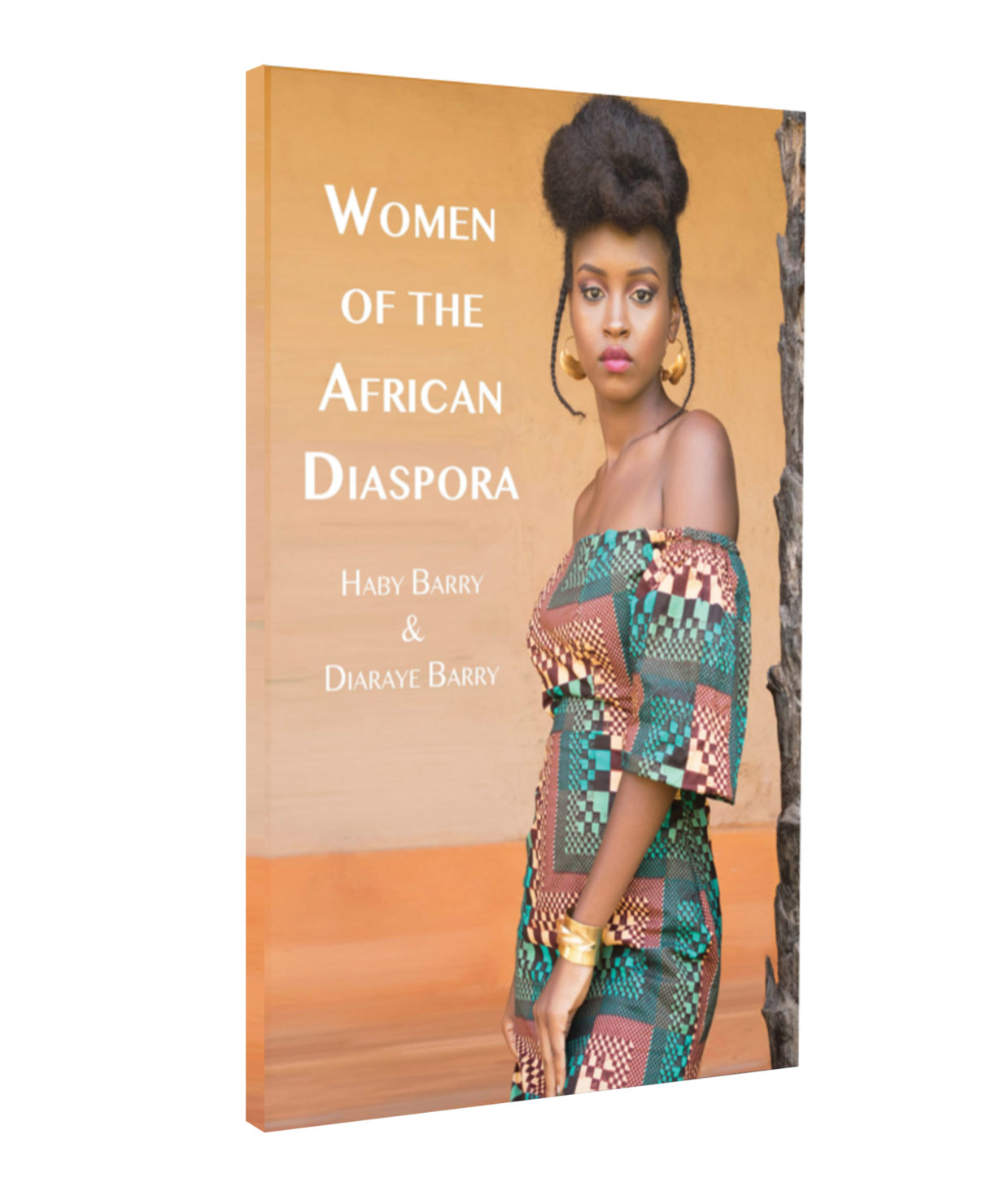
Now that you’ve gotten a glimpse of what Haby’s day is like, get more inspiration in our exclusive Q&A with Haby.
How and why did you become an entrepreneur?
I knew that I wanted to become an entrepreneur since I was a teenager from watching my father’s experiences. Business always excited my dad and when he finally made the transition from teaching full time to becoming a full-time entrepreneur, I saw him truly light up…it was so validating for him.
It was clear to me from a young age that I wanted to create, and I saw very quickly from working in corporate America that I could not realize my potential and serve the world in a meaningful way in that setting. Therefore, my motivation for entrepreneurship continued to grow stronger, but I never thought that I would be in the jewelry business.
I did always know however, that I would be involved in some type of creative business. I happened to start Fulaba because I used to always get compliments from people in San Francisco on an old pair of brass Fulani earrings I got from Harlem and I thought to myself that I could get a better quality version of these earrings made and tell the story as a Fulani woman.
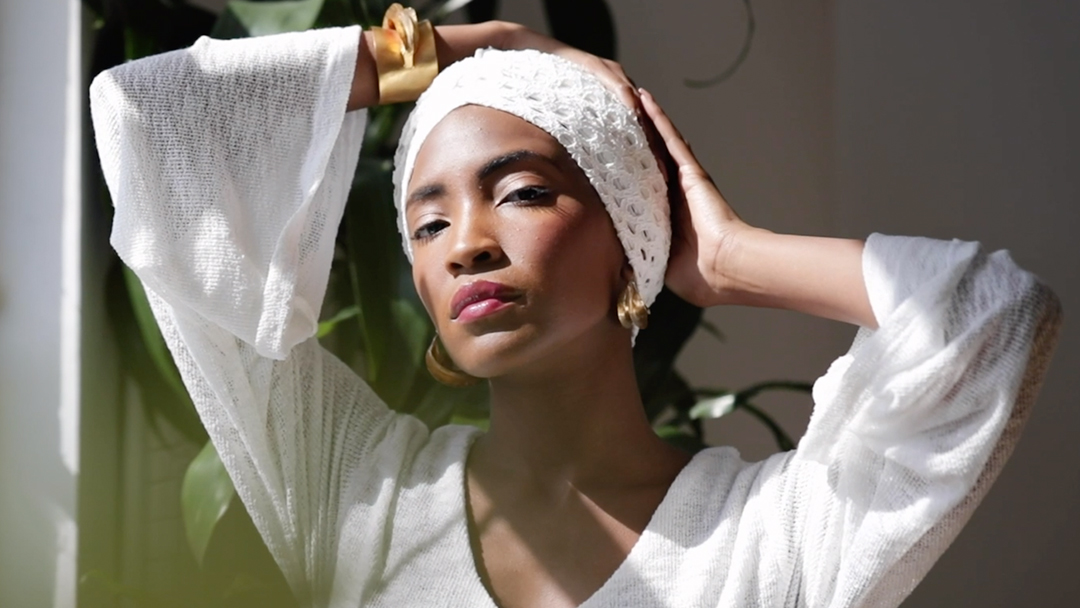
What makes your Indiegogo project unique?
We are not just selling a product, we are making a declaration to celebrate the elegance and culture of African women and women around the world. We are uncovering a rich African jewelry tradition and developing a finished jewelry industry in West Africa. Most of the raw materials for jewelry from the region are exported out causing the value of finished jewelry to be gained outside of Africa. Additionally, we are giving back and committing to donate 5% of all proceeds to benefit youth education in Guinea.
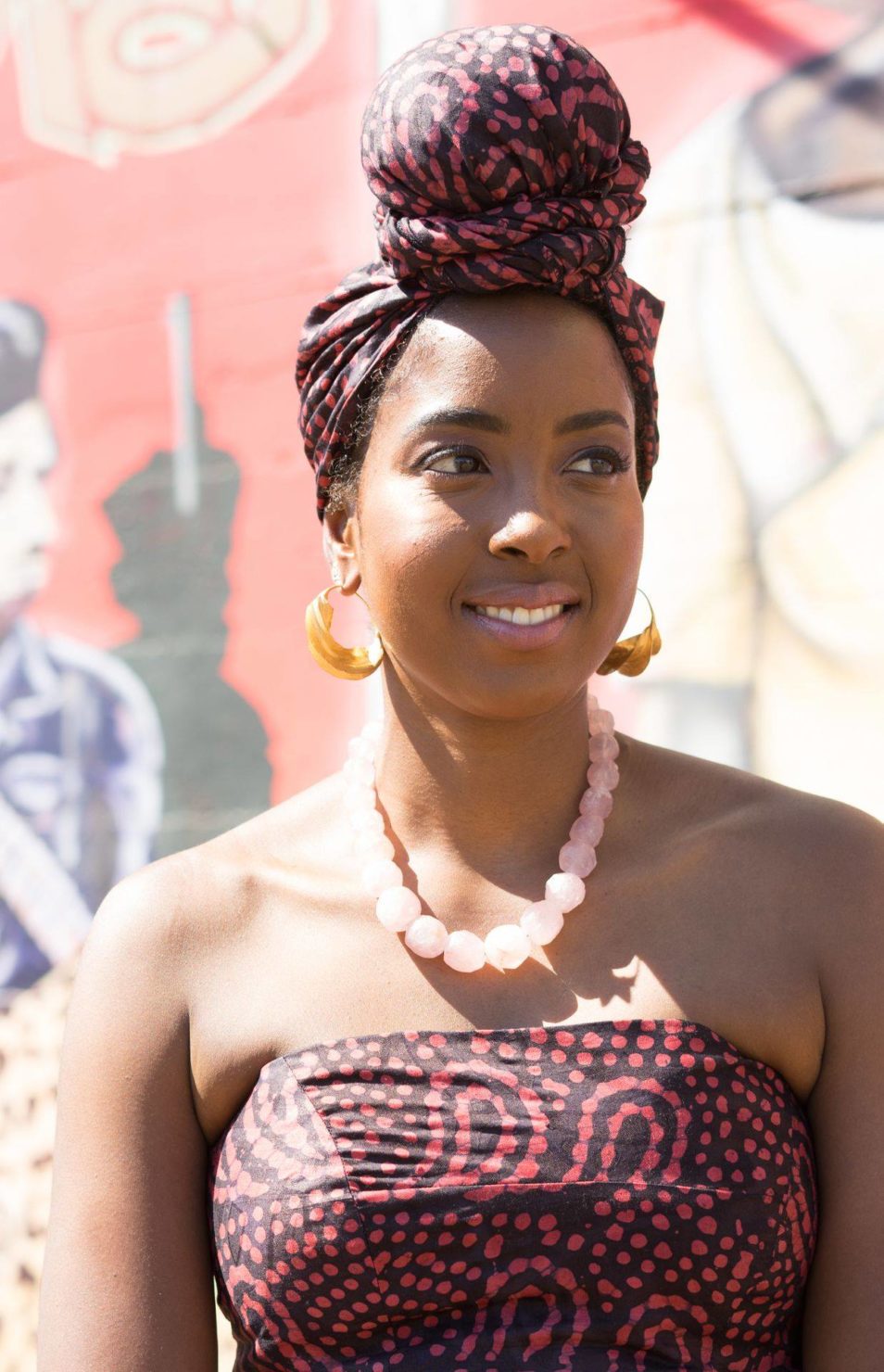
What’s your biggest piece of advice for women who want to start their own business?
Make sure that it is something that you can enjoy because you will be spending a lot of time on it and the results will not come fast or easily. Becoming an entrepreneur is a journey and it is more rewarding when you connect your business with a purpose that is meaningful to you.
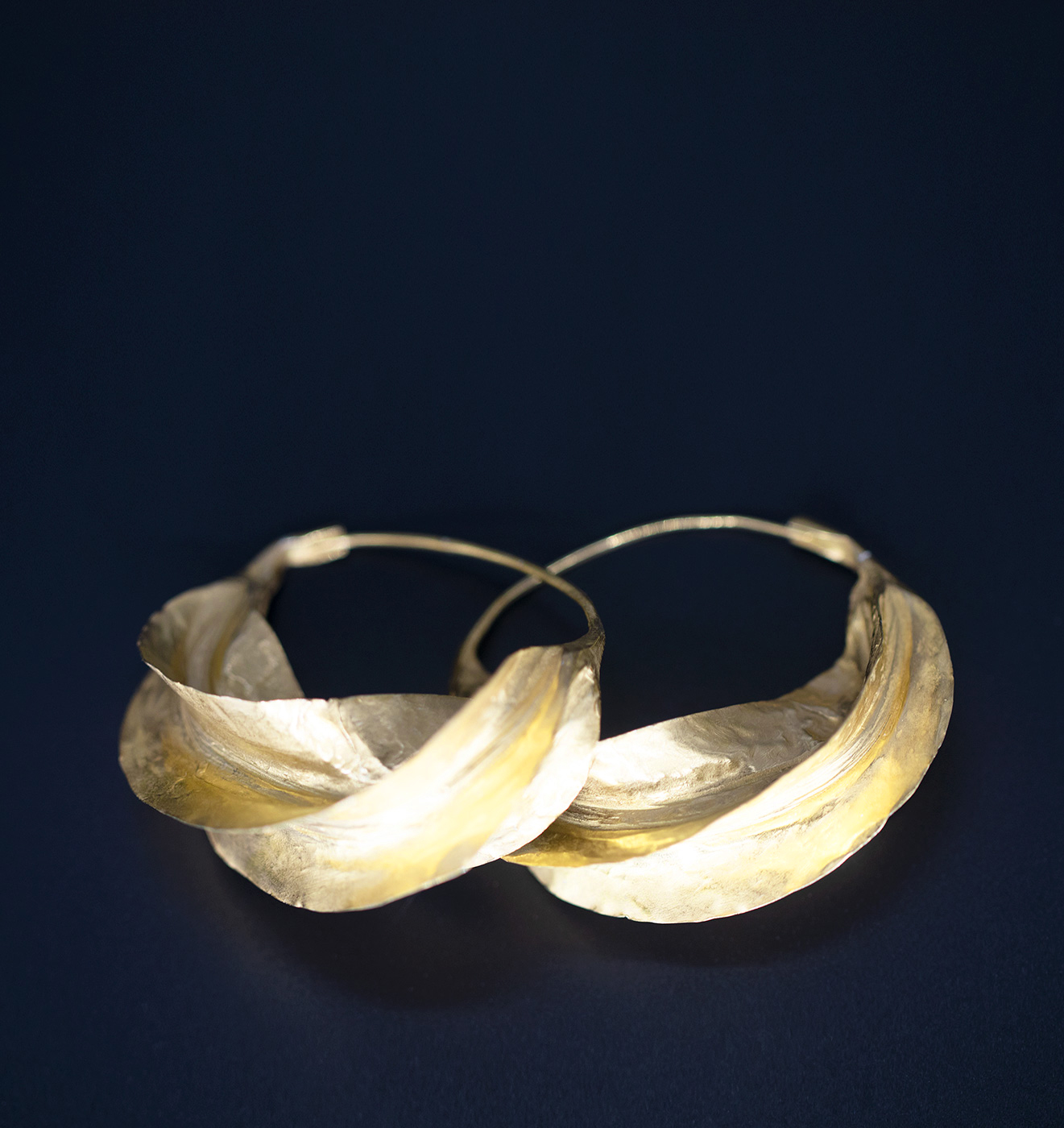
What tools (gadgets, apps, books, podcasts) would you recommend to anyone starting their own business, crowdfunding campaign, or project?
Technology and information are all important tools but what trumps all of that is support from other business owners. I recommend finding a group of people that you can connect with whether it is an accelerator or organization that can offer support through your personal and entrepreneurial journey. For example, this year I have been a part of a community called The Fem League, which is focused on helping women step into their power and it has been integral in my development particularly in these unprecedented times.
What’s your favorite Indiegogo campaign or a campaign you’ve recently supported?
I appreciate what Jacqueline Ngo Mpii is doing with Little Africa Paris and learned about her campaign through my advisor. I hope to be able to collaborate with her sometime in the near future.
To support Fulaba, check out their Indiegogo campaign page.
